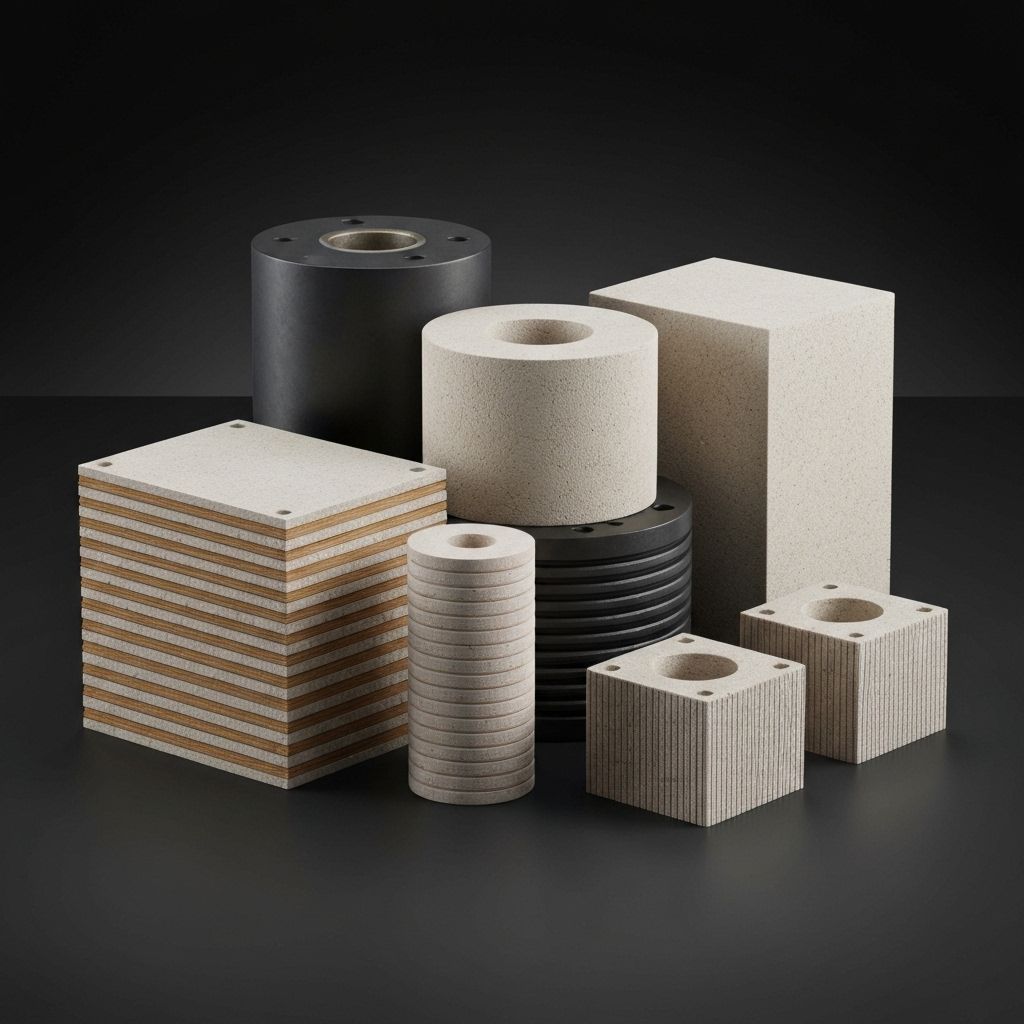
Fuel Cell Components
High-performance ceramic materials for solid oxide fuel cells and electrochemical energy systems
Advanced Fuel Cell Ceramics
We manufacture specialized ceramic components for solid oxide fuel cells (SOFCs), including electrolytes, electrodes, and interconnects. Our materials are engineered to provide exceptional ionic conductivity, chemical stability, and thermal compatibility for efficient energy conversion.
With expertise in advanced ceramic processing and materials science, we support the development of next-generation fuel cell technologies for stationary power generation, transportation, and portable applications.

Component Types
Electrolytes
Ion-conducting materials:
- YSZ (Yttria-stabilized zirconia)
- ScSZ (Scandia-stabilized zirconia)
- GDC (Gadolinium-doped ceria)
- LSGM (Lanthanum strontium gallate)
Electrodes
Anode and cathode materials:
- LSM (Lanthanum strontium manganite)
- LSCF (Lanthanum strontium cobalt ferrite)
- Ni-YSZ cermet anodes
- Custom composite electrodes
Interconnects
Conductive separators:
- Lanthanum chromite-based
- Doped perovskite structures
- High electronic conductivity
- Thermal expansion matched
Applications
Stationary Power
Distributed power generation and combined heat and power systems
Backup Power
Uninterruptible power supplies and emergency power systems
Transportation
Auxiliary power units for vehicles and marine applications
Portable Power
Battery replacement for portable electronic devices
Grid Support
Load leveling and renewable energy integration
Remote Power
Off-grid power generation for remote locations
Military Applications
Silent power generation and field power systems
Research & Development
Materials testing and fuel cell technology development
Why Choose Our Fuel Cell Components
High Ionic Conductivity
Optimized compositions for maximum oxygen ion transport
Chemical Stability
Resistant to reducing and oxidizing atmospheres at operating temperatures
Thermal Compatibility
Matched thermal expansion coefficients minimize stress and cracking
Dense Electrolytes
Gas-tight membranes prevent fuel crossover and maintain efficiency
Porous Electrodes
Optimized microstructure for gas diffusion and electrochemical reactions
Custom Development
Collaborative R&D support for novel fuel cell architectures
Advance Your Fuel Cell Technology
Partner with our team to develop high-performance ceramic components for your fuel cell systems